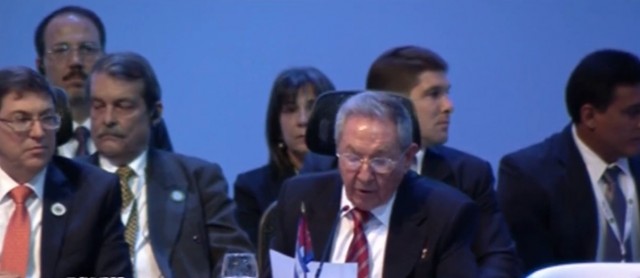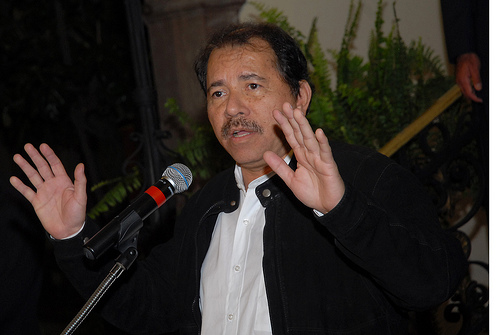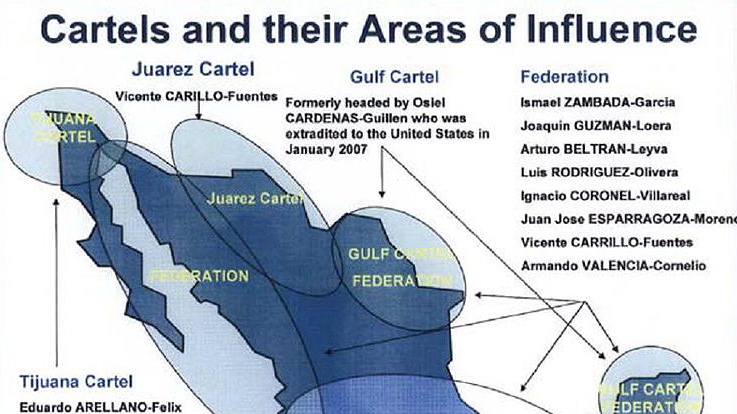Blog
Kissinger Canceled Warning Against Operation Condor Assassinations, Cable Shows
April 12, 2010 By Andrew OReilly
The National Security Archives revealed a document Saturday showing that former Secretary of State Henry Kissinger canceled orders to U.S. ambassadors in the Southern Cone to warn leaders against carrying out “a series of international murders.”
The cable, dated Sept. 1, 1976 from Lusaka, Zambia, to Assistant Secretary of State for Inter-American Affairs Harry Shlaudeman, was sent only five days before a car-bomb killed former Chilean Foreign Minister Orlando Letelier and his American colleague Ronni Karpen Moffitt in Washington D.C. Letelier served as foreign minister under the Salvador Allende administration that Augusto Pinochet overthrew in 1973.
The Letelier-Moffitt assassination is among the most infamous attacks by the participants in “Operation Condor,” a collaboration between the secret police units of Chile, Argentina, Uruguay and other Latin American countries to track down and kill opponents of the countries’ military dictatorships.
Kissinger’s instructions responded to a memoranda written by Shlaudeman calling attention to the possibility that Condor participants might attempt “a series of international murders that could do serious damage to the international status and reputation of the countries involved.” Kissinger had instructed U.S. Ambassadors in the southern cone through a démarche to dissuade leaders from carrying out assassinations, but the uncovered cable makes clear that he later canceled the orders and they were not implemented.
Carlos Osorio, the National Security Archive’s Southern Cone analyst, discovered the cable while researching documents declassified by the U.S. State Department.
“We now know that it was Kissinger himself who was responsible,” stated John Dinges, a journalist and National Security Archive associate fellow who authored the book “The Condor Years” about Chile’s Pinochet Regime. “He canceled his own order; and Chile went ahead with the assassination in Washington.”
Kissinger’s role in blocking the démarche has long been debated. Most recently, National Security Archive senior analyst Peter Kornbluh wrote that Kissinger had stopped the order in his book “The Pinochet File: A Declassified Dossier of Atrocity and Accountability.” Kornbluh based the statement on a cable signed by Shlaudeman containing the order to cancel the démarche. The accusation sparked a controversy when Kenneth Maxwell reviewed the book in 2003 for Foreign Affairs, a journal of world politics published by the Council on Foreign Relations.
Kissinger’s attorney and former Assistant Secretary of State William Rogers published a strongly worded response to Maxwell’s review in the Jan./Feb. 2004 issue of Foreign Affairs, in which he said the accusation that Kissinger was responsible for the cable canceling the démarche was “mischievous nonsense” and “So far as the record shows, Kissinger never saw it.”
Kissinger’s spokeswoman Jessica LePorin said that he had nothing new to say about the matter, according a report by The Associated Press.
For more information on the declassified documents, visit the National Security Archive’s Web site.




